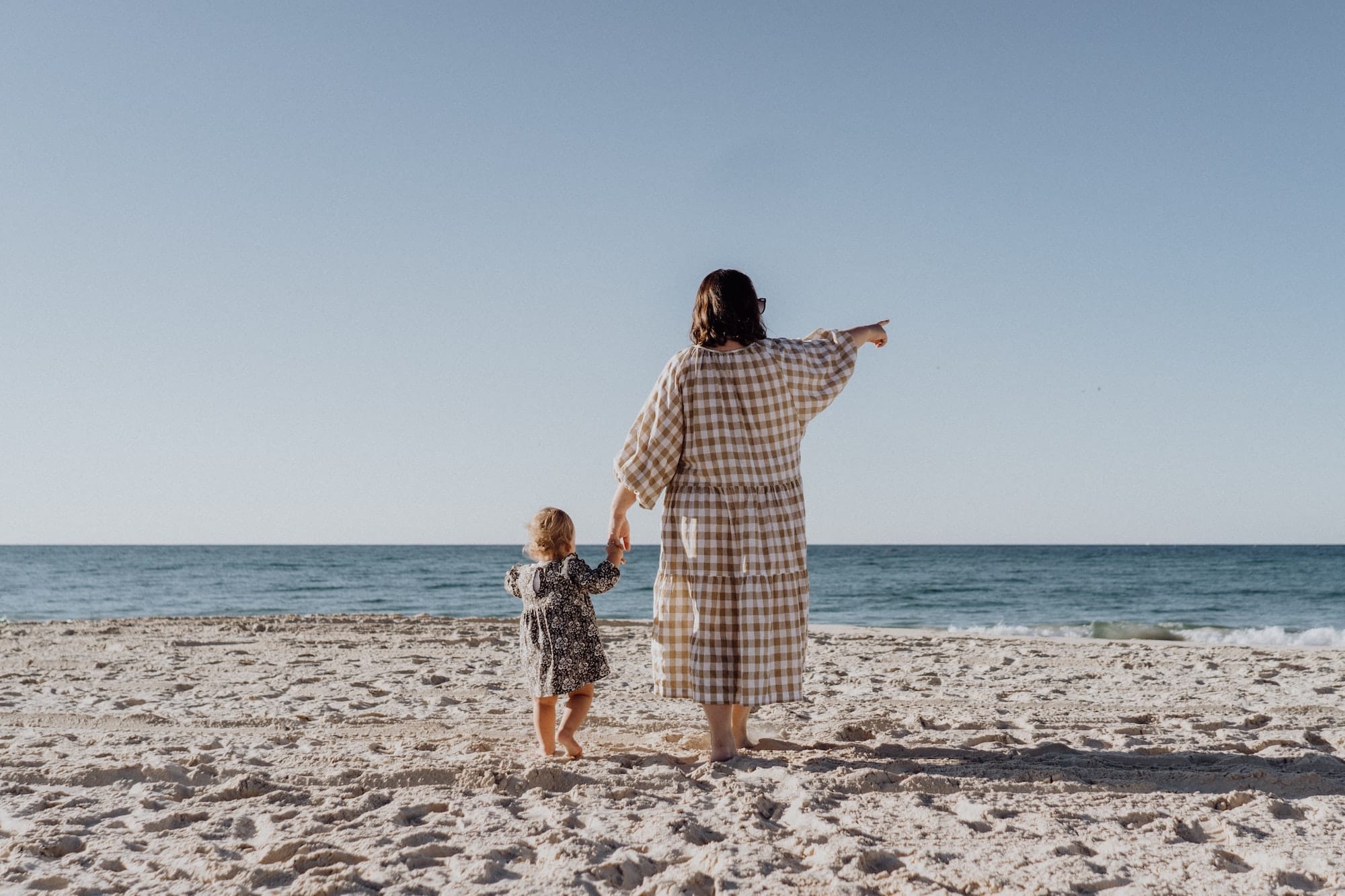The green glossary of terms to consider when you’re shopping for your baby
Organic, ‘slow’, plastic free… there’s so many terms flying around in the world of eco-conscious shopping. But what does it all mean and why should we be considering it when we’re buying baby products? Firstly, as Greta Thunburg so alarmingly put it, ‘our house is on fire’ and time is running out to save the planet from climate change disaster. But secondly, eco-friendly products are often better for our kids’ health. Here is a handy glossary of some of the things to look out for…
ORGANIC
What is it…
From baby food, to bathtime products, bedding and babygrows, if an item is described as ‘organic’ it generally means that it has been made without nasty chemicals, pesticides, additives and GMO.
Why choose it…
Babies are more sensitive to toxins than adults. Baby skin is five times thinner, more absorbent and more sensitive than ours, so it’s important to think about what you’re putting on it and against it. Organic cotton is softer and contains less irritants, so it will be more comfortable and less likely to cause skin allergies. It also tends to wash better and last longer. Bathtime products with organic ingredients are also less likely to cause irritatation and if you’re at the weaning stage, organic baby food limits little ones’ exposure to pesticides. Organic products are better for the environment and they use natural resources such as water in a more responsible way. They are also healthier for the farmers who grow them.
What to look out for…
If you’re buying clothing and bedding, check for products carrying the GOTS label, which stands for ‘Global Organic Textile Standard’. This independent certification ensures organic textiles meet strict ecological and socially responsible standards. Organic brands also often carry the OEKO-TEX Standard 100 certification, which confirms the human-ecological safety of textiles and leather. There are lots of baby brands that use organic cotton and you can even find essentials such as carriers that are made using it. If you’re bottle feeding or weaning, fresh is generally considered better than processed. But if you’ve had to dash out of the house without a home-made puree, organic snacks are widely available (read organic baby recipes here).
SLOW
What is it…
‘Slow’ brands focus on the idea of buying less but buying better. It’s all about being conscious about what you buy in terms of quality and quantity.
Why choose it…
Even if we don’t want them to, babies grow up (and out of everything) fast. Baby products are so cute, that there is a temptation to over-buy and we end up with a lot of things we don’t actually need. If we don’t pass these things down they end up in landfill. By making smarter choices about what we buy for our little ones, we can prevent a lot of waste.
What to look out for…
This is all about buying quality items that will stand the test of time, so there’s an argument for spending a little bit more on clever design. Products that grow with your child, such as the Stokke Tripp Trapp, and Sebra’s cots that convert into children’s beds are the ultimate here.
PLASTIC FREE
What is it…
Plastic is has become demonised as the number one material destroying the earth. Using plastic in products is a complex issue though as it’s actually quite durable and it’s also lightweight, so it can cause less emissions when it’s transported. The problem with plastic is when it goes into landfill as it doesn’t biodegrade. Unfortunately, it’s quite difficult to go completely plastic-free when buying items for your baby, as even if you opt for wooden nursery furniture and toys, there are items such as car seats where you can’t currently avoid it.
Why choose it…
Aside from protecting the environment, the biggest reason for minimising plastic is to reduce your little one’s exposure to BPA (bisphenol A, an industrial chemical used to make plastics and resins). Research has linked it to certain cancers, heart disease, diabetes, obesity, immune disorders and fertility problems.
What to look out for…
Thankfully there’s lots of plastic-free options out there now. Hevea make BPA-free natural rubber dummies and glass baby bottles. But even if you start out with good intentions, you’ll probably have to give into plastic at some point. When that day comes, look out for brands that use recycled and BPA-free plastics, such as Green Toys. Read more on plastic-free parenting here.
Read the top tips for living a sustainable lifestyle with kids here.






COMMENTS ARE OFF THIS POST